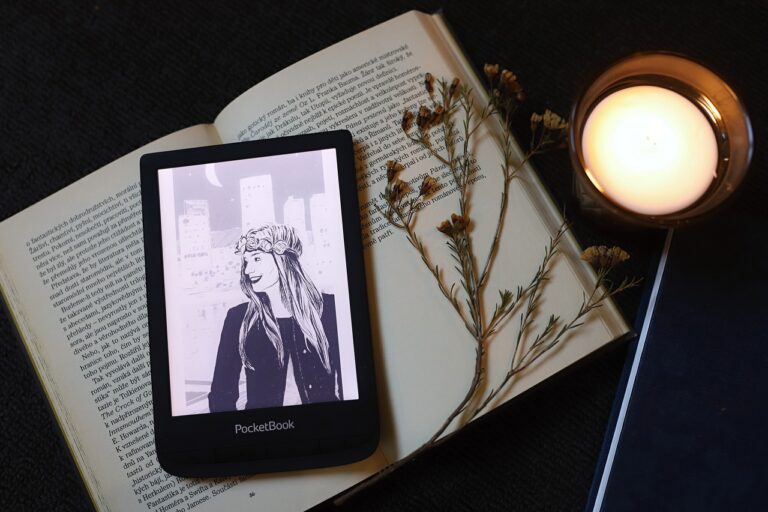Exploring Virtual Reality Literature Experiences for English Language Education
11xplay pro, tiger 247 login, betbook: Exploring Virtual Reality Literature Experiences for English Language Education
Virtual reality (VR) is a cutting-edge technology that has the potential to revolutionize the way we learn and teach. In the field of English language education, VR offers exciting opportunities for students to immerse themselves in interactive literary experiences that can enhance their language skills and understanding of complex texts. Let’s delve into how VR can be used to create innovative and engaging literature experiences for English language learners.
Benefits of VR Literature Experiences
1. Immersive Learning Environments: VR allows students to step inside the world of a literary work, whether it’s a classic novel or a contemporary short story. By experiencing the settings, characters, and events firsthand, students can develop a deeper connection to the text and gain a better understanding of its themes and messages.
2. Interactive Storytelling: VR experiences can be designed to engage students in interactive storytelling, where they make choices that impact the outcome of the narrative. This not only makes reading more enjoyable but also helps students develop critical thinking and decision-making skills.
3. Multi-sensory Engagement: VR can stimulate multiple senses, including sight, sound, and touch, to create a more immersive and memorable learning experience. By engaging different sensory modalities, VR can help students retain information better and improve their overall comprehension of literary texts.
4. Accessibility and Inclusivity: VR technology can make literature more accessible to students with learning disabilities or language barriers. By providing alternate ways of experiencing and interacting with texts, VR can accommodate diverse learning styles and needs.
Implementing VR Literature Experiences in the Classroom
1. Virtual Book Clubs: Create virtual book club sessions where students can discuss and analyze literary works in a shared VR environment. This collaborative approach can foster a sense of community among students and encourage active participation in literary discussions.
2. Literary Field Trips: Take students on virtual field trips to explore the settings of classic novels or visit historical landmarks related to literary works. This hands-on approach can bring literature to life and make it more engaging and relevant to students.
3. Character Role-Playing: Assign students different roles in a literary work and have them act out scenes in a VR setting. This interactive exercise can help students develop empathy for characters, understand their motivations, and analyze their relationships within the text.
4. Virtual Writing Workshops: Use VR technology to create virtual writing workshops where students can practice their creative writing skills in a simulated literary environment. This can help students improve their storytelling abilities and experiment with different narrative techniques.
In conclusion, virtual reality literature experiences have the potential to transform English language education by providing students with immersive, interactive, and multi-sensory learning opportunities. By incorporating VR technology into the classroom, educators can create dynamic and engaging literature experiences that enhance students’ language skills, critical thinking abilities, and appreciation of literary works.
FAQs
1. How can VR technology enhance students’ language skills in English language education?
VR technology can enhance students’ language skills by providing immersive and interactive experiences that make reading more engaging and memorable. By engaging multiple senses and creating a more authentic learning environment, VR can help students improve their vocabulary, comprehension, and critical thinking abilities.
2. What are some potential challenges of implementing VR literature experiences in the classroom?
Some potential challenges of implementing VR literature experiences in the classroom include the cost of VR technology, the need for specialized training for teachers, and the availability of high-quality VR content. Additionally, some students may experience motion sickness or other discomfort while using VR headsets.
3. How can educators ensure that VR literature experiences are inclusive and accessible to all students?
Educators can ensure that VR literature experiences are inclusive and accessible to all students by providing alternative ways of experiencing and interacting with texts, such as audio descriptions or text-based simulations. Educators should also consider students’ individual needs and preferences when designing VR experiences to accommodate diverse learning styles and abilities.







